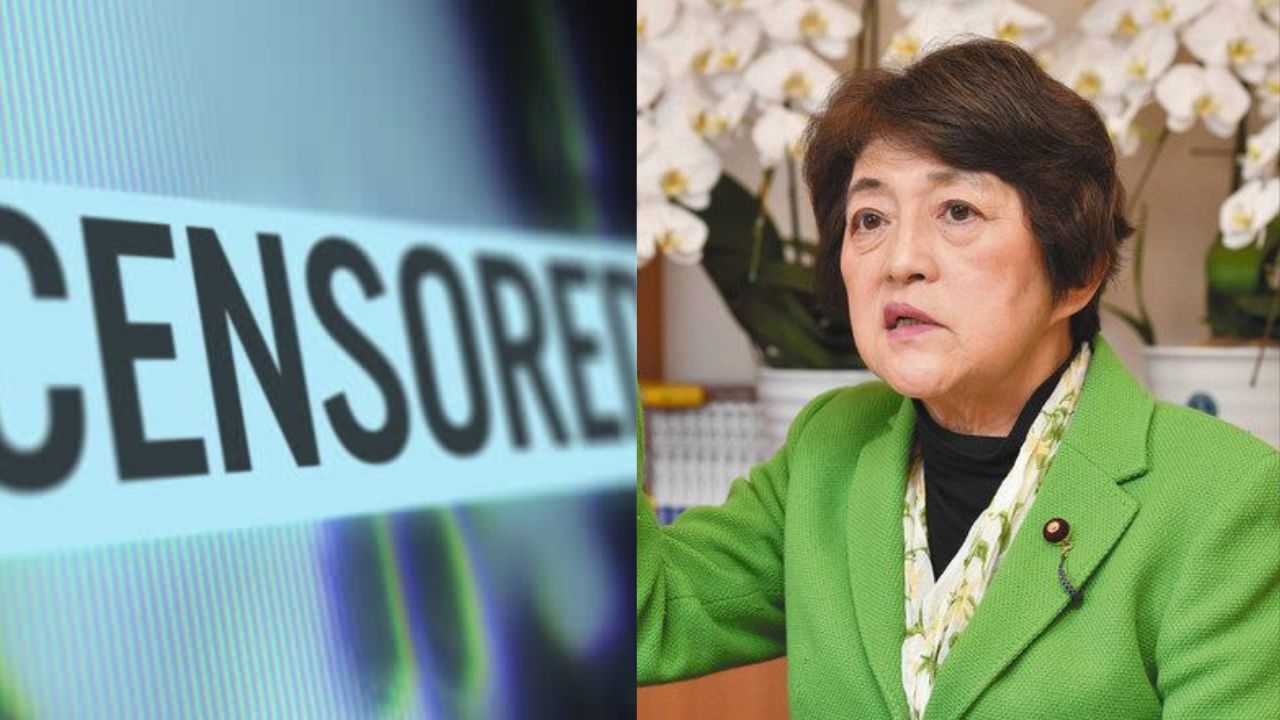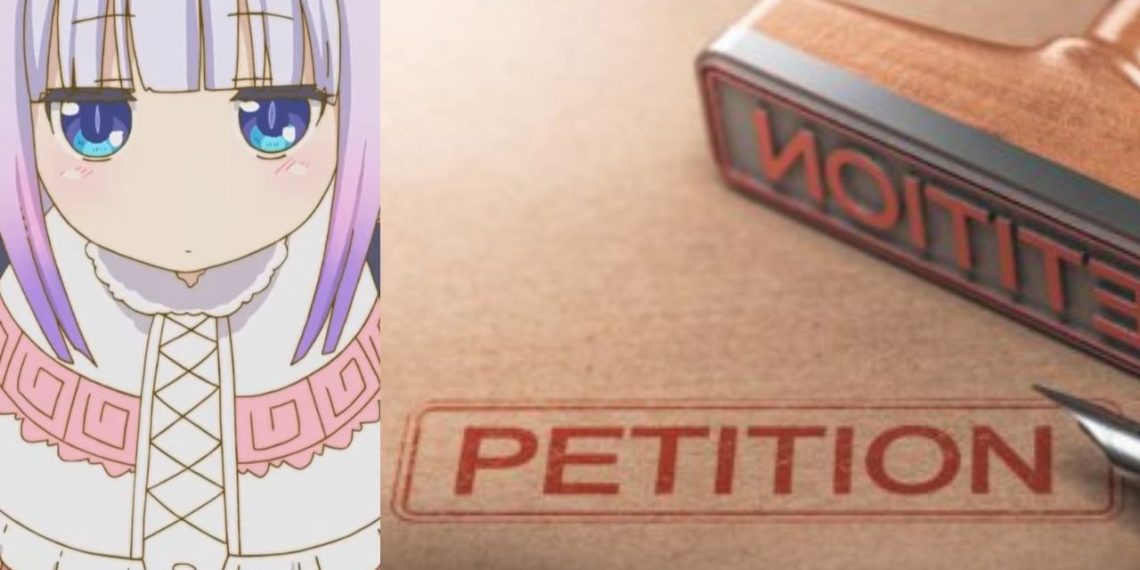Japanese politician Masako Okawara is spearheading a petition in the 213th Diet session to address concerns over the exploitation of minors in manga and anime.
The petition calls for stricter regulations on content featuring characters resembling children, aiming to curb harmful depictions.
Recent cases, including that of Your Name producer Koichiro Ito, highlight the urgency of the issue.
Current laws, such as the Prevention of Child Prostitution and Child Pornography Act, lack provisions regulating sexual content in manga and anime, notably lolicon and shotacon genres.
Okawara’s petition focuses on imagery that portrays characters as children, seeking to prompt government action.
Critics argue that such depictions normalize the sexualization of minors, necessitating regulatory measures.

Supporters of the anime and manga industry defend the artistic freedom and expression inherent in these mediums.
Past attempts to revise laws faced industry opposition, citing concerns over limiting creative freedom. However, Okawara’s petition has gained traction, gathering over 300 signatures, amidst alarming statistics on child exploitation.
Statistics reveal a concerning trend, with a rising number of cases disproportionately affecting girls.
The prevalence of sexual commodification of children in media perpetuates harmful societal norms, infringing on children’s rights and safety.
Okawara stresses the need for comprehensive measures to combat these exploitative practices.
As Japan’s Prevention of Child Prostitution and Child Pornography Act nears its 25th anniversary, Okawara underscores the importance of further amendments to relevant laws.
Incorporating the voices of survivors of sexual abuse and exploitation, she aims to strengthen enforcement measures and protect children from harm.
Through legislative action and community engagement, Okawara seeks to safeguard children’s well-being and promote a safer environment for all.





